eCall is an emergency call service that notifies the emergency services in case of a road accident through technology fitted into the vehicle.
Table of contents
eCall in a nutshell
eCall is an emergency call service that notifies the emergency services in case of a road accident. It can be generated either automatically via the activation of in-vehicle sensors or manually by vehicle passengers. It automatically sends data about the car, for example its location. This way, emergency services can arrive quicker and assist the occupants of the vehicle.
There are situations in which eCall may be the only way to connect to 112. For example:
- When there are no witnesses of the accident and all occupants are injured
- In accidents involving serious injuries that limit the victim’s ability to communicate
112 eCall can speed up emergency response times by 40% in urban areas and 50% in the countryside. Fully deployed, it can save up to 2500 lives a year and alleviate the severity of road injuries. In addition, thanks to improved accident management, it is expected to reduce congestion costs caused by traffic accidents, based on European Commission research.
eCall is now mandatory in all cars sold in the EU from 1 April 2018 onwards. If you buy a new model of car, approved for manufacture after 31 March 2018, it must have the 112-based eCall system installed. This measure was announced 28 April 2015.
By 1 October 2017, Member States were required to deploy on their territory the eCall PSAP infrastructure required for the proper receipt and handling of all eCalls.
More information on the current legislation behind eCall can be found here.
Cars typically last around 15 years (compared to 2 years for mobile phones). eCall is based on technology compatible with 2G and 3G. whilst network technology migrates to 4G/5G. The issue of how today eCall deployments in cars will continue to be supported requires consideration.
eCall over IMS has been standardised and it is being tested.For this reason, ETSI, in collaboration with EENA, hold plugtest events to ensure interoperability with emerging telecoms software. The 2022 Plugtest will have a specific focus on the interoperability of Next Generation eCall (NG eCall) systems or eCall over Long Term Evolution (LTE), based on the interoperability test descriptions defined in the upcoming version 2.1.1 of ETSI TS 103 683, available soon. You can also find the report from the 2019 plugtest here.
The fifth NG112 Emergency Communications remote Plugtests™ event was held from 23 January to 3 February 2023 with the support of ETSI TC EMTEL. You can find the results of the fifth NG112 Emergency Communications Plugtests here.
Useful Resources
- EENA Blog: Resolving the eCall Callback Issue
- EENA 2023 Conference: Next Generation eCall
- Watch our ‘eCall – Today and Tomorrow’ panel from the EENA 2022 Conference.
Standards for ecall
Below are a list of standards relevant to eCall:
- ‘Intelligent transport system – ESafety – PanEuropean eCall operating requirements’ (EN 16072:2022)
- ‘Intelligent transport systems – Esafety – ECall High Level Application Requirements (HLAP)’ (EN 16062:2023)
- ‘Intelligent transport systems – eSafety – eCall High level application Protocols (HLAP) using IMS packet switched networks’ (CEN/TS 17184:2022)
- ‘Intelligent transport systems – eSafety – eCall end to end conformance testing’ (EN 16454:2023)
- ‘Intelligent transport systems – ESafety – ECall end to end conformance testing for IMS packet switched based systems’ (CEN/TS 17240:2018)

